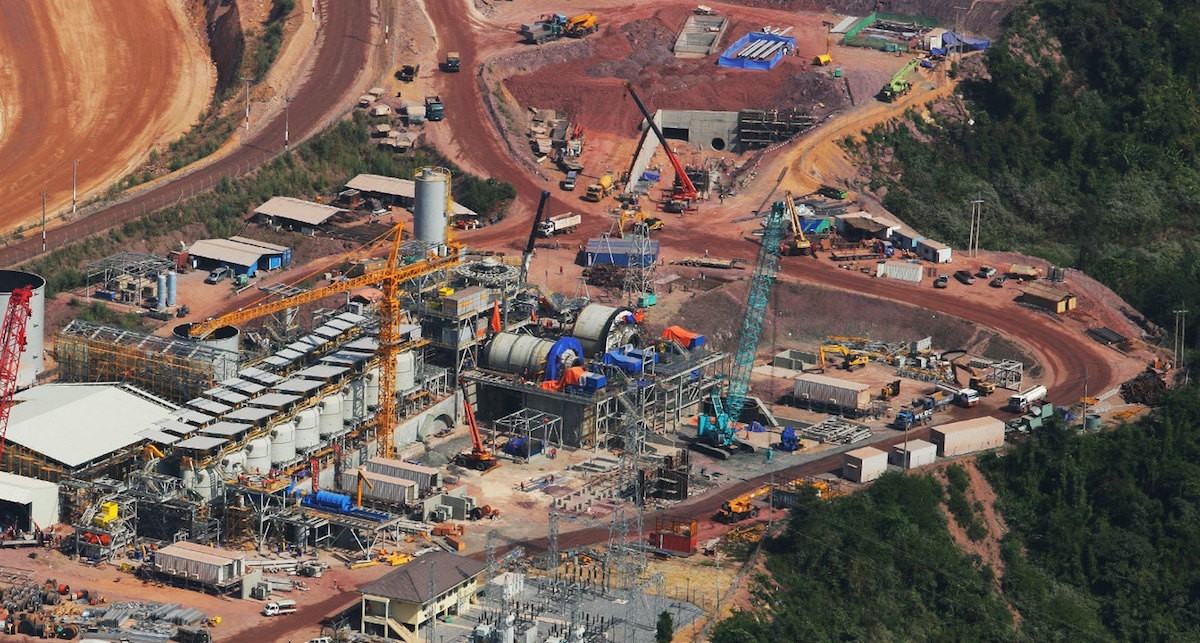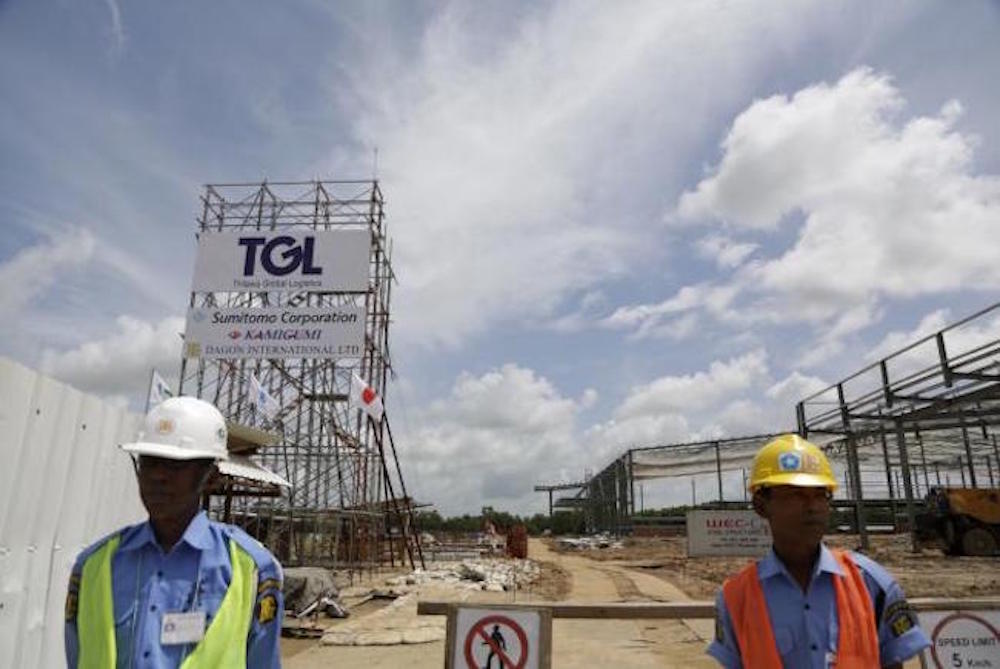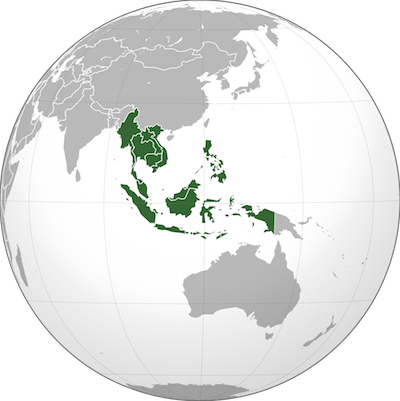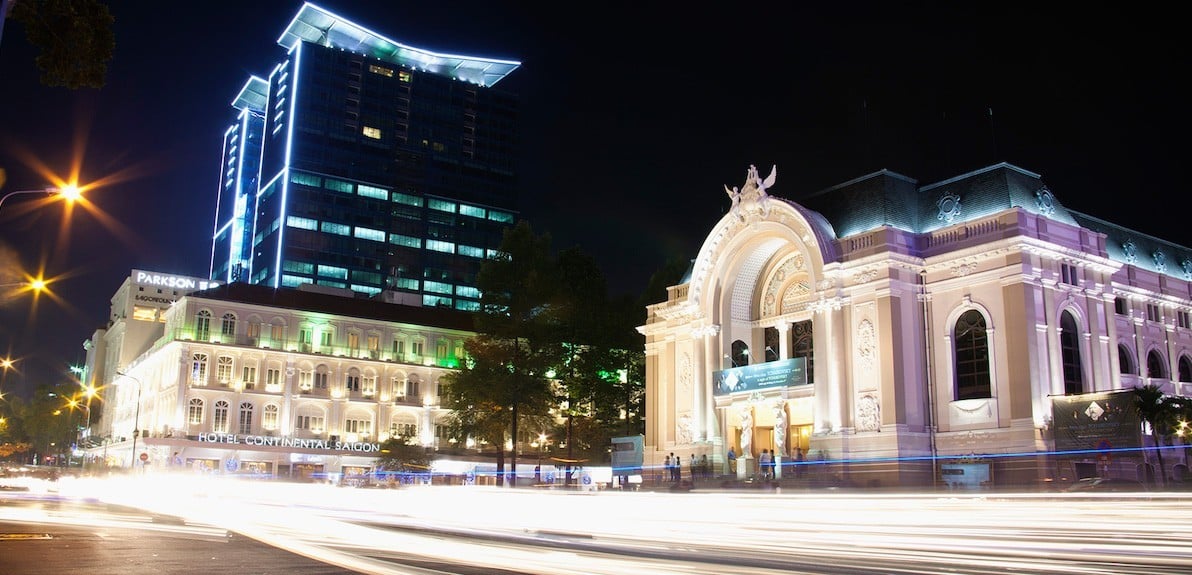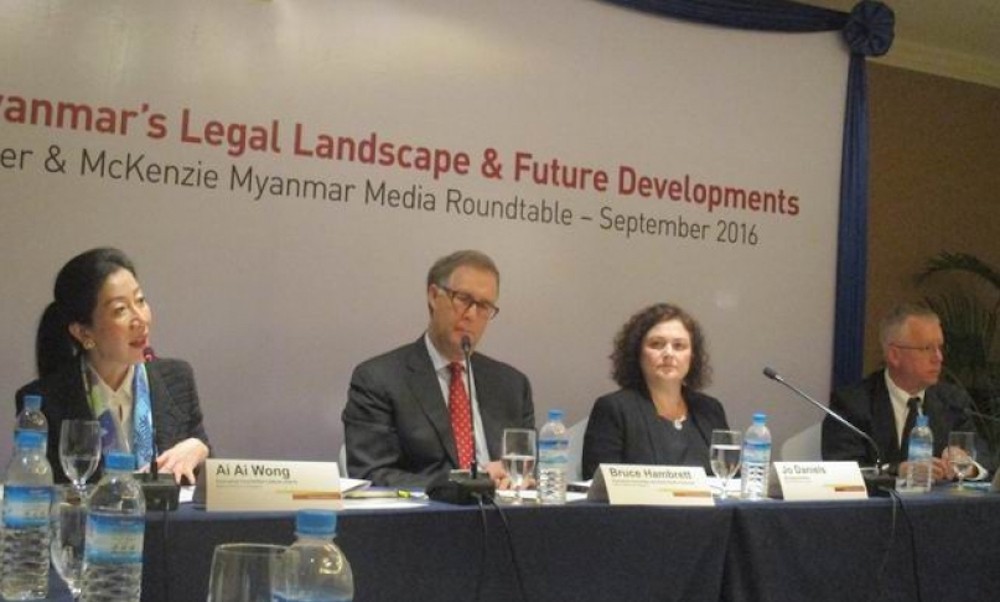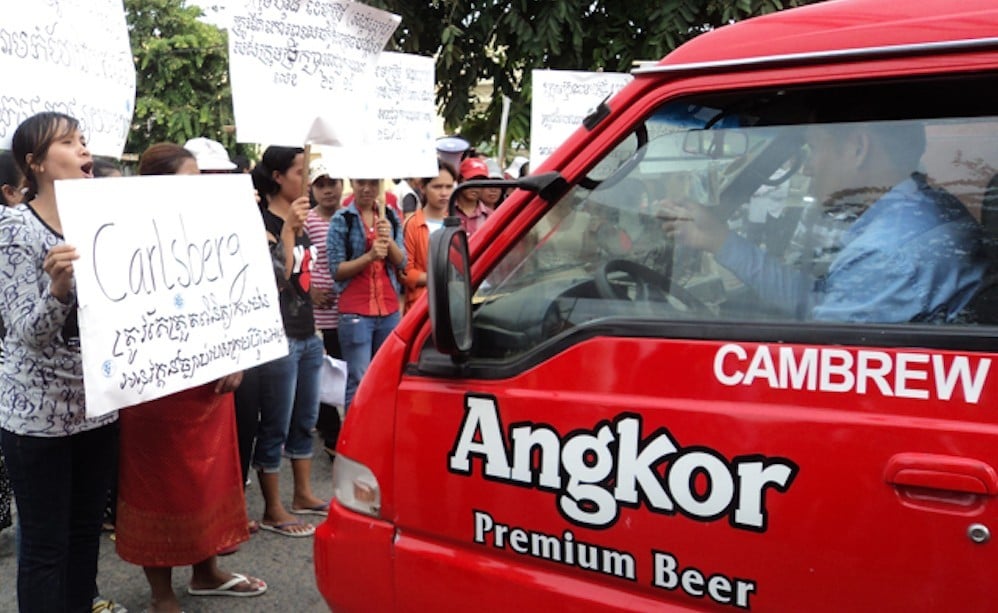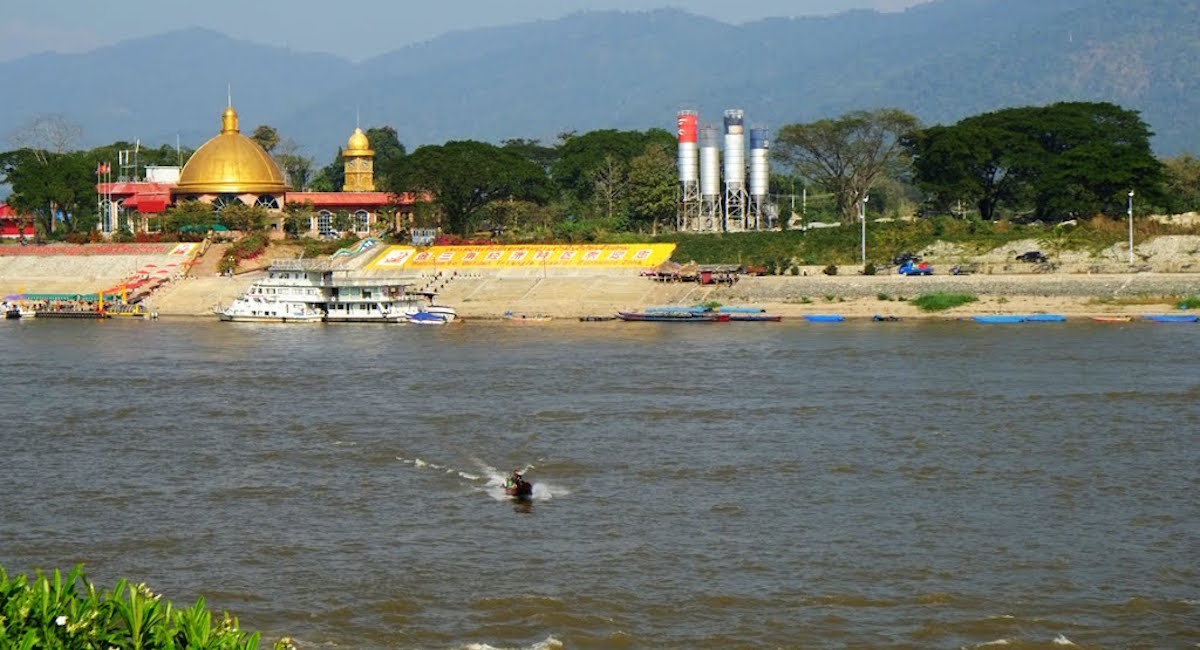Representatives from government, mining business operators, developments partners and non-government organisations met in Vientiane to consult on ways to improve and change mining sector licensing and investment systems in Laos.
Tag: industry
Protests dog Thilawa SEZ as second phase nears start
Over 70 companies across 14 countries have invested more than US$700 million in the Thilawa special economic zone, but local residents affected by the project are still campaigning to have the next phase halted until issues around resettlement, compensation and environmental impact are resolved.
Asia: Heading towards a seismic shift
In a decade’s time, visitors to Asean, South and North Asia may find their personal experiences in their respective destinations differ quite drastically.
Each Asian nation is busy operating at its own pace, plotting a new stage of economic development and growth – despite ongoing global economic uncertainty.
In the process of this seismic shift, some countries have chosen to work in partnerships while others are tackling the challenges alone. All of them reflect Asia’s unique aspiration to take on global competitive pressure. Some nations aim to get out of the middle-income trap, while others want to secure a higher standard of living for their people.
Market mechanisms not the solution to pollution
“Market mechanisms will not solve pollution issues, only a State mechanism will,” Mr. Le Dang Doanh, senior economic expert, told Vietnam Economic Times’ Investment Attraction and Sustainable Development workshop held on September 20 in Hanoi.
Agreeing, Mr. Tran Du Lich, National Assembly Delegate for Ho Chi Minh City, said that the environment cannot be exchanged for profit. “Health, education and environmental issues cannot be regulated by a market mechanism; they are the responsibility of the State,” he said.
Southern Vietnam faces power starvation
Southern Vietnam, which is home to commercial hubs like Ho Chi Minh City and manufacturing clusters such as Dong Nai and Binh Duong, may face more power shortages from 2017.
The country’s total power output is likely to fall short of the south’s demand by 10-15 percent, said Duong Quang Thanh, chairman of state monopoly Electricity of Vietnam (EVN).
The state utility plans to run more power plants on diesel to produce about 5 billion kilowatt-hours per year starting from next year to supplement supplies in the south, Thanh added.
New Myanmar investment law is the ‘right move’
The new law, a consolidation of existing Myanmar Citizen Investment Law and the Foreign Investment Law, introduces a new form of approval called MIC Endorsement, in addition to issuing MIC permits.
If a company’s business activities do not fall under one of the restricted categories, it will not require an MIC permit to do business in Myanmar. Instead, they can apply for an MIC endorsement, which will provide the same benefits as an MIC permit such as long-term lease and tax incentives.
Video Calls for Angkor Beer Boycott Over Mekong Dam
Community members worried about a major dam being constructed in Laos released a video this week appealing for a boycott of Cambodia’s number one beer manufacturer, Angkor Beer.
“Stop Don Sahong, Boycott Angkor Beer” claims the 32 meter-high dam now under construction will affect the flow of the Mekong River, destroy fisheries and farmland in Cambodia and the lower Mekong, and affect millions of people in neighboring countries—all to generate only 260 MW of hydroelectricity. Of particular concern is the loss of of the last of the Irrawaddy dolphin’s Mekong habitat.
Officials committed to Dawei
Thai officials and their Myanmar counterparts remain committed to the long-awaited Dawei megaproject, with the Myanmar-Thailand Joint High-Level Committee (JHC) and the Joint Coordinating Committee (JCC) to be set up soon to foster development.
Porametee Vimolsiri, secretary-general to the National Economic and Social Development Board (NESDB), said the recent joint ministerial meeting held on Aug 15-16 in Myanmar agreed to revitalise the role of the JHC and the JCC to rev up the multibillion-dollar project.
New sets of the two committees, which stalled before Myanmar held a general election on Nov 8 last year, are to be established soon.
Indian Mining Firm Prepares to Dig Deep in Ratanakkiri
The Ministry of Mines and Energy is set to issue the country’s first commercial underground mining license to Indian company Mesco Gold in two weeks, despite opposition by residents of two villages concerned about compensation and environmental damage.
The company plans to break ground on its concession in Ratanakkiri province’s O’yadaw district in about six weeks, said Harsh Sharma, operations director for Mesco Gold, a Cambodia-based subsidiary of New Delhi-based Mesco Steel.
Into the Zone: SEZs in the Mekong Region, Income…or Instability? (Part 1)
The Mekong region is abuzz with news about special economic zones (SEZs). From Thailand’s prime minister telling US business leaders that the Kingdom’s SEZs are a cornerstone to his economic reforms, to Ho Chi Minh City’s mayor wanting 890 km2 designated as an SEZ to revive his city’s economic leadership, to Myanmar’s newly elected government facing increasing pressure to review the outgoing-junta-approved SEZs now underway there—these foreign-investment magnets are picking up steam as ASEAN integration progresses within the Greater Mekong Subregion.
But what’s so special about these zones? Can they unlock new pathways to region’s economic potential, or as the Bangkok Post warned recently, should policy-makers proceed with caution given the immense complexities to securing SEZs’ desired benefits?


